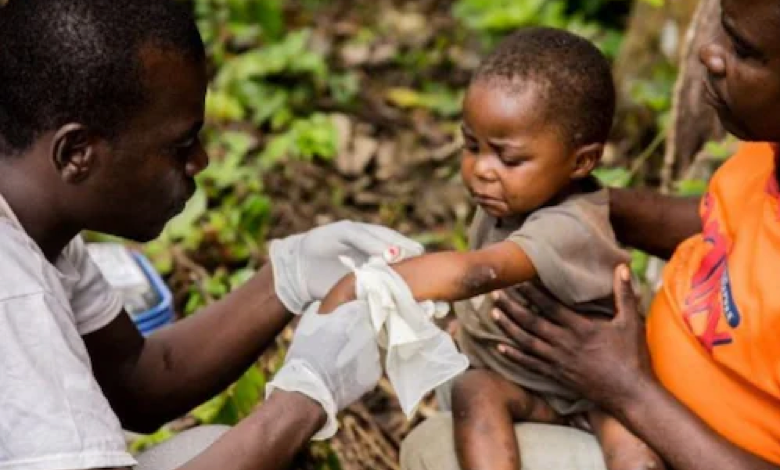WHO expects more monkeypox cases globally

The World Health Organization (WHO) says it expects to identify more cases of monkeypox as it expands surveillance in countries where the disease is not typically found.
As of Saturday, 92 confirmed cases and 28 suspected cases of monkeypox were reported from 12 member states that are not endemic for the virus, the UN agency said, adding it will provide further guidance and recommendations in the coming days for countries on how to mitigate the spread of monkeypox.
“Available information suggests that human-to-human transmission is occurring among people in close physical contact with cases who are symptomatic,” the agency said.
Monkeypox is an infectious disease that is usually mild and is endemic in parts of West and Central Africa. Although it belongs to the same virus family as smallpox, its symptoms are milder.People usually recover within two to four weeks without needing to be hospitalised, but the disease is occasionally deadly.It is spread by close contact so it can be relatively easily contained through such measures as self-isolation and hygiene.
What seems to be happening now is that it has got into the population as a sexual form, as a genital form, and is being spread as are sexually transmitted infections, which has amplified its transmission around the world,” said WHO official David Heymann, an infectious disease specialist.Heymann said an international committee of experts met via video conference to look at what needed to be studied about the outbreak and communicated to the public, including whether there is any asymptomatic spread, the people who are at most risk, and the various routes of transmission.He said the meeting was convened “because of the urgency of the situation”.
The committee is not the group that would suggest declaring a public health emergency of international concern, WHO’s highest form of alert, which applies to the COVID-19 pandemic.He said close contact was the key transmission route, as lesions typical of the disease are very infectious. For example, parents caring for sick children are at risk, as are health workers, which is why some countries have started inoculating teams treating monkeypox patients using vaccines for smallpox, a related virus.





